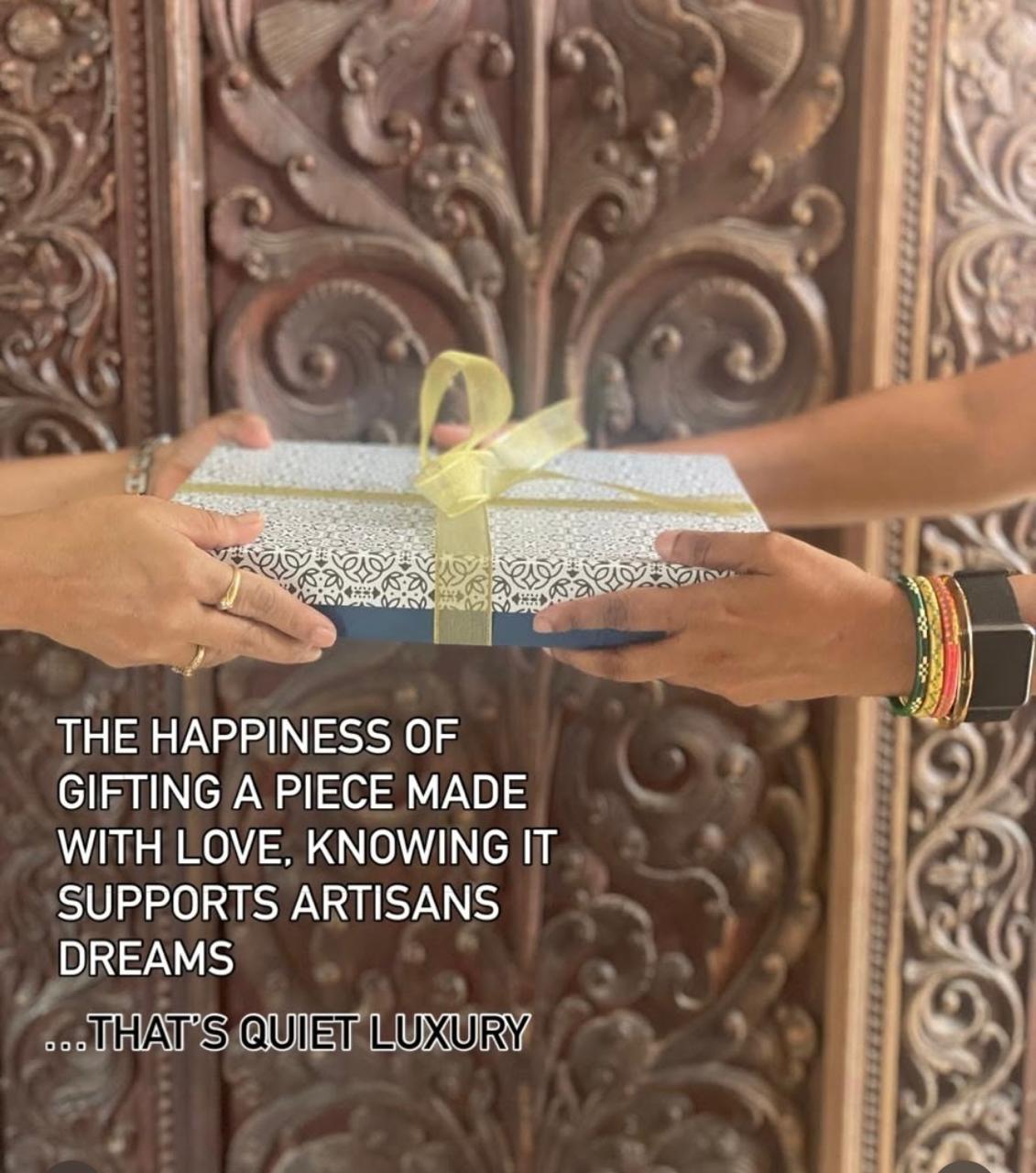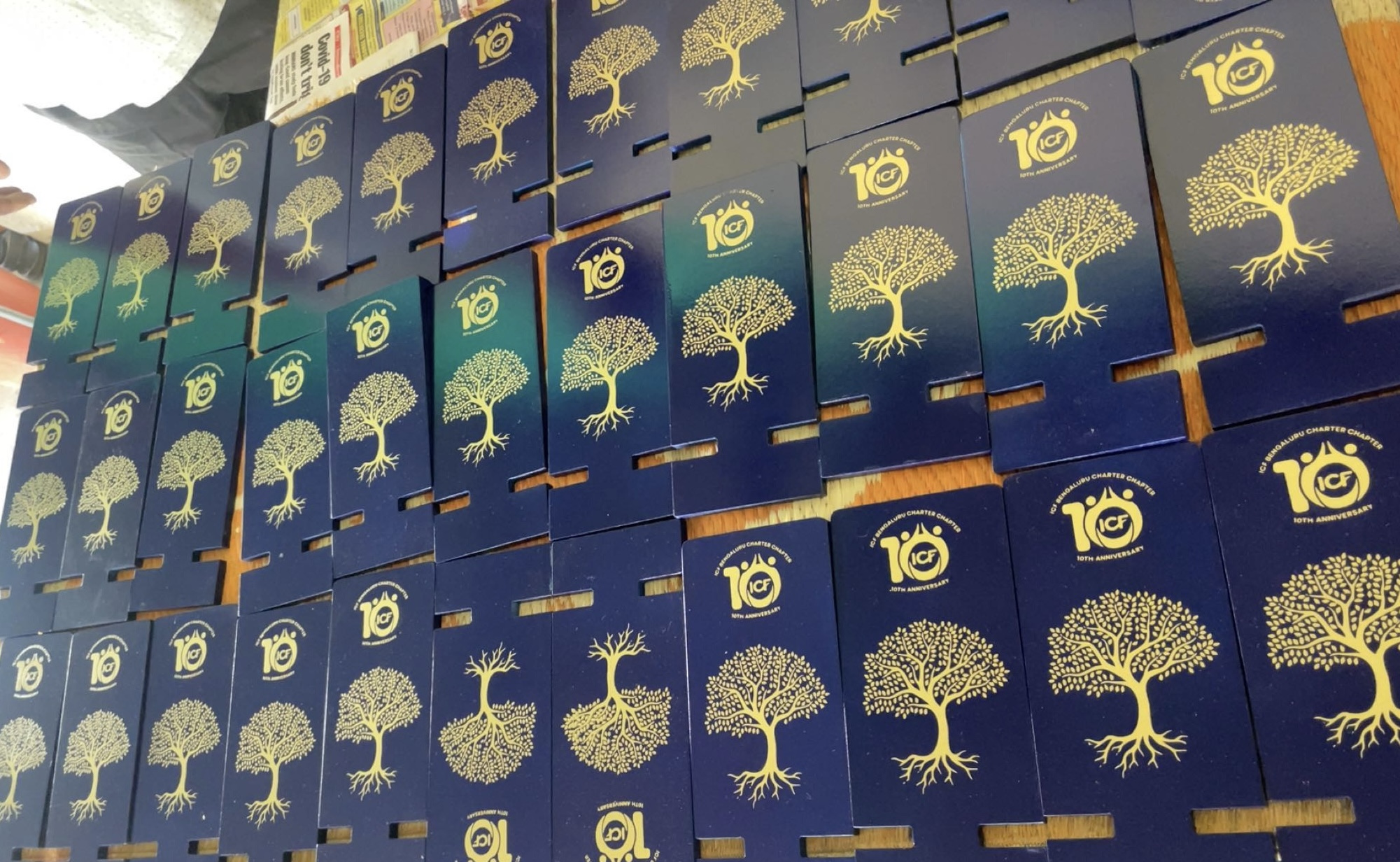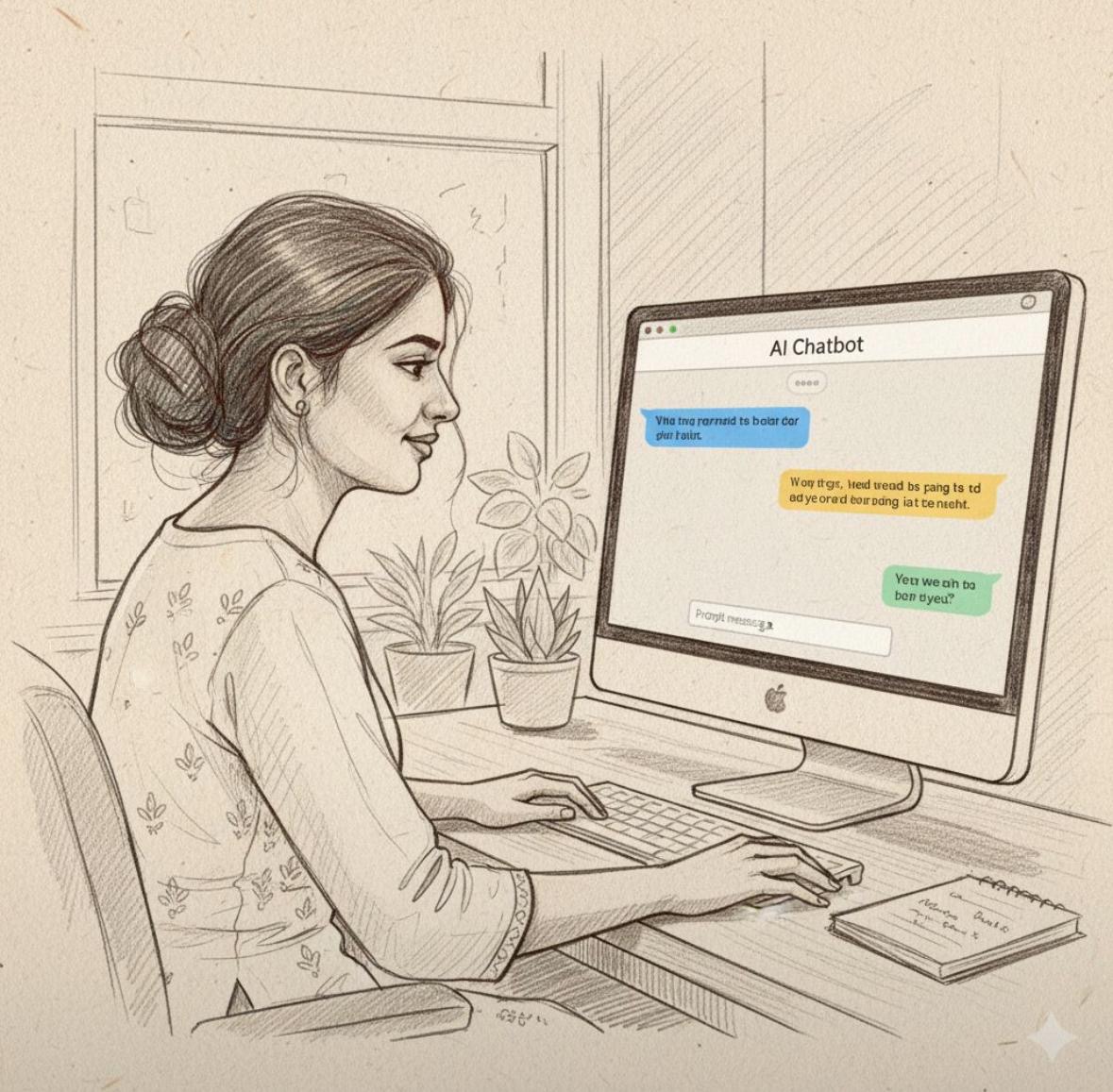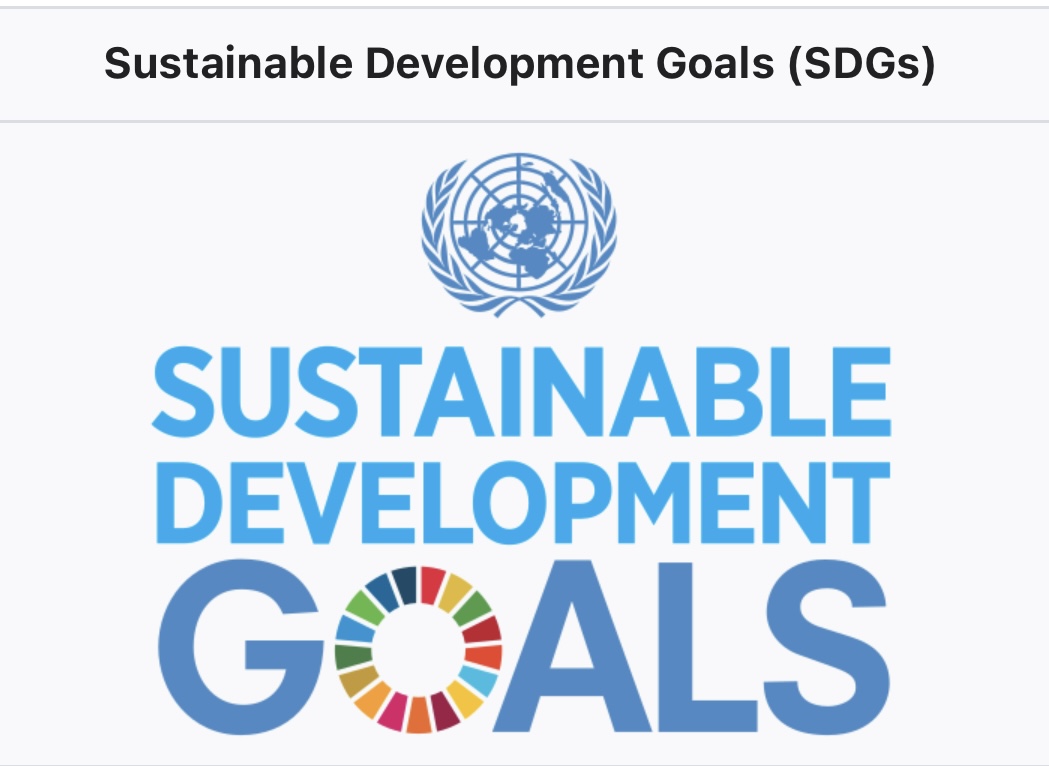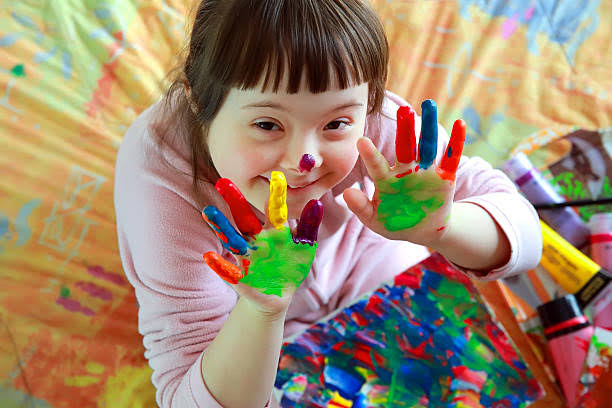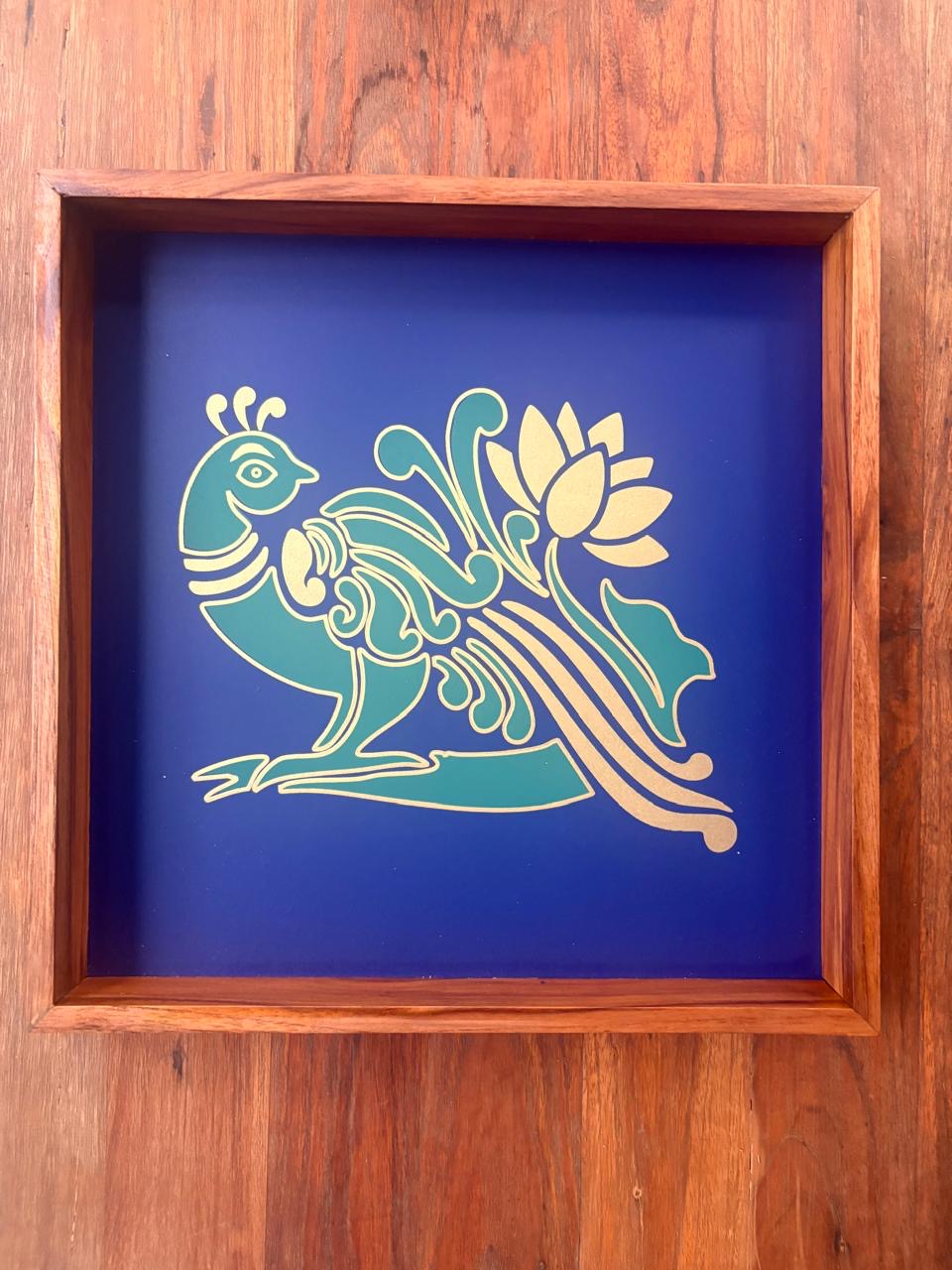“We’ve got this!” – 2025 – It’s a Wrap
Beyond the Chromosome: Celebrating the Remarkable Gifts of Our Down Syndrome Artisans As the curtains close on another year, the temptation in the business world is always to measure success quantitatively: projects delivered, goals met, boxes checked. And while 2025 was certainly a busy year for Diya Innovations on that front, looking back, we realize our most valuable metrics aren't found on a spreadsheet. They are found in the evolution of our people. This year, we decided our end-of-year reflection wouldn't just be a highlight reel of our outputs. Instead, we wanted to celebrate the internal journey—the growth, the grit, and the gratitude that defined the last twelve months. Leaning into the "New" If there was a theme for our team in 2025, it was "stretching." We took on briefs that intimidated us at first glance. We dove into technologies and methodologies that were completely new territory. We watched as our team sharpened existing skills and bravely mastered new ones. The most rewarding part wasn't just the final deliverable; it was witnessing the transformation in real-time. We saw hesitation turn into capability, and uncertainty transform into a quiet, steady confidence. "We've got this" became the soundtrack of our year. Discovering Purpose and Fueling Aspirations Great work doesn't happen without great people, and people are more than just their job titles. This year, we made a conscious effort to ensure that Diya Innovations is a place where professional growth feeds into personal fulfillment. We saw team members connect deeply with their "why"—discovering a new sense of purpose in their daily tasks. More importantly, we celebrated as colleagues achieved personal aspirations outside of the office walls. We believe that we aren't just here to build innovative products; we’re here to support each other in building fulfilling lives. Seeing our team thrive personally has been our biggest win. A Massive Thank You to Our Catalysts: Our Clients None of this internal growth happens in a vacuum. We need to take a moment to express immense gratitude to the external force that drove our evolution: our incredible clients. To every partner we worked with this year: Thank you. Thank you for not settling for "safe." Thank you for bringing us challenges that demanded we outperform our own expectations. You pushed our boundaries, encouraged us when the path got tough, and trusted our vision. Your support didn’t just help your projects succeed; it acted as the fuel for our team’s growth. You made us better. Looking Toward 2026 As we head into 2026, we aren't just proud of the work we produced in 2025—we are profoundly proud of who we have become together. We are entering the new year stronger, wiser, and more connected than ever before. We can’t wait to see what we will build together next. Wishing all of you a Happy New Year from all of us at Diya Innovations! Read Full Testimonial


